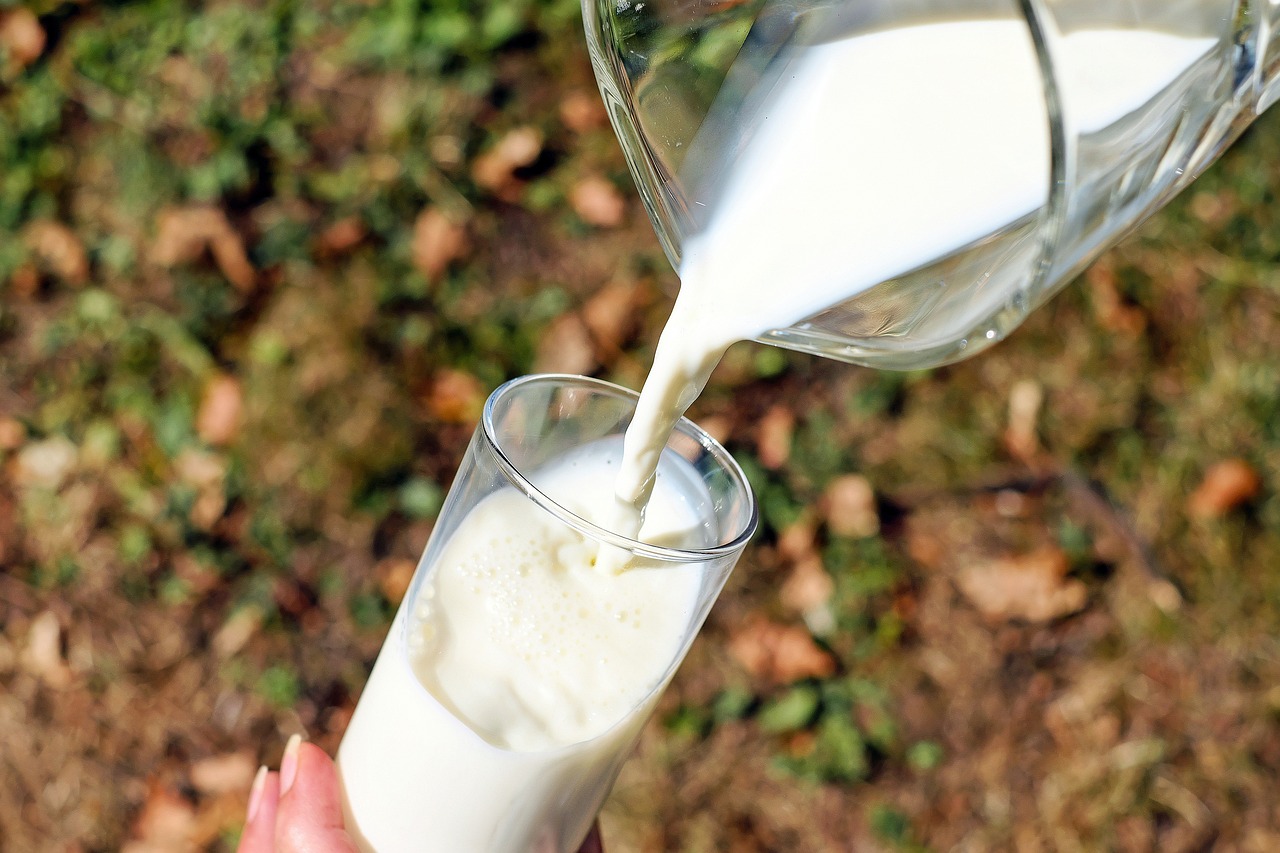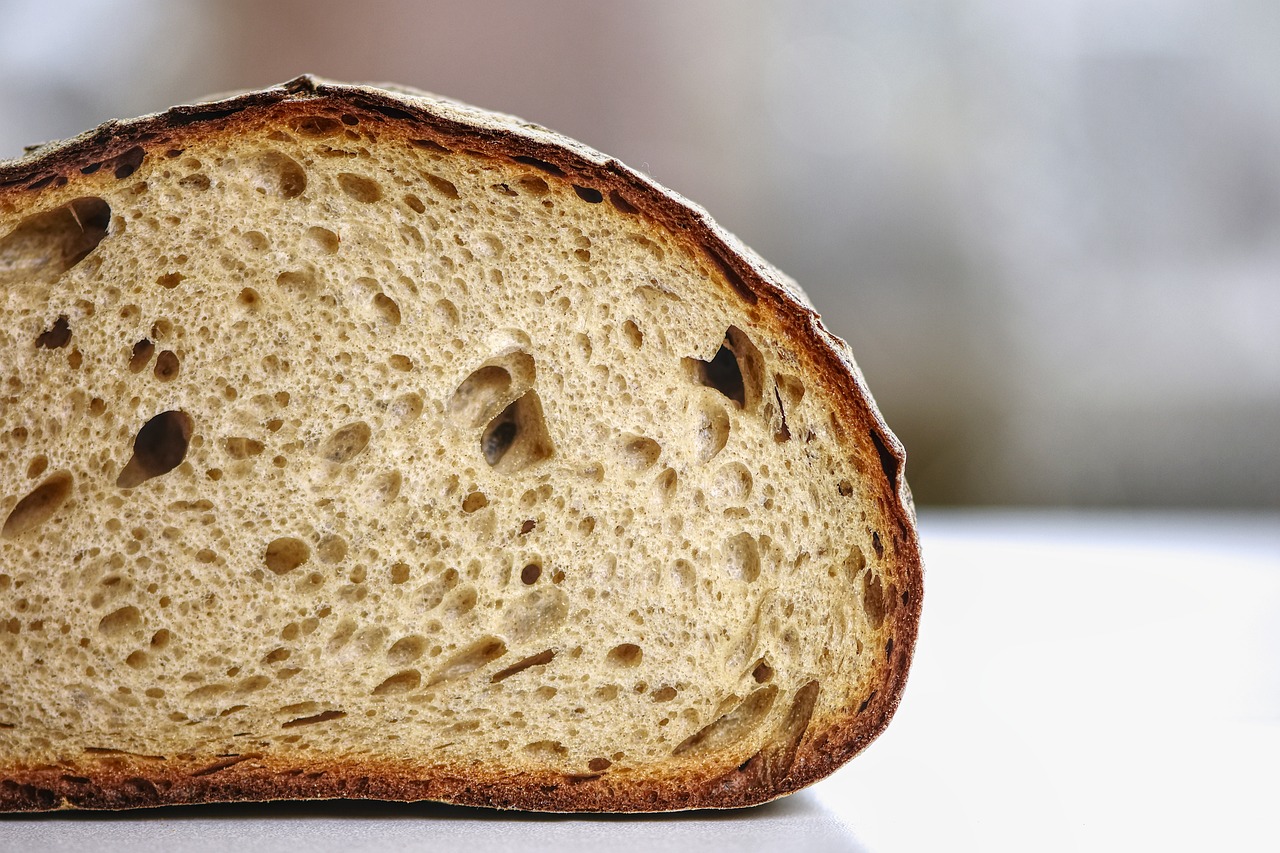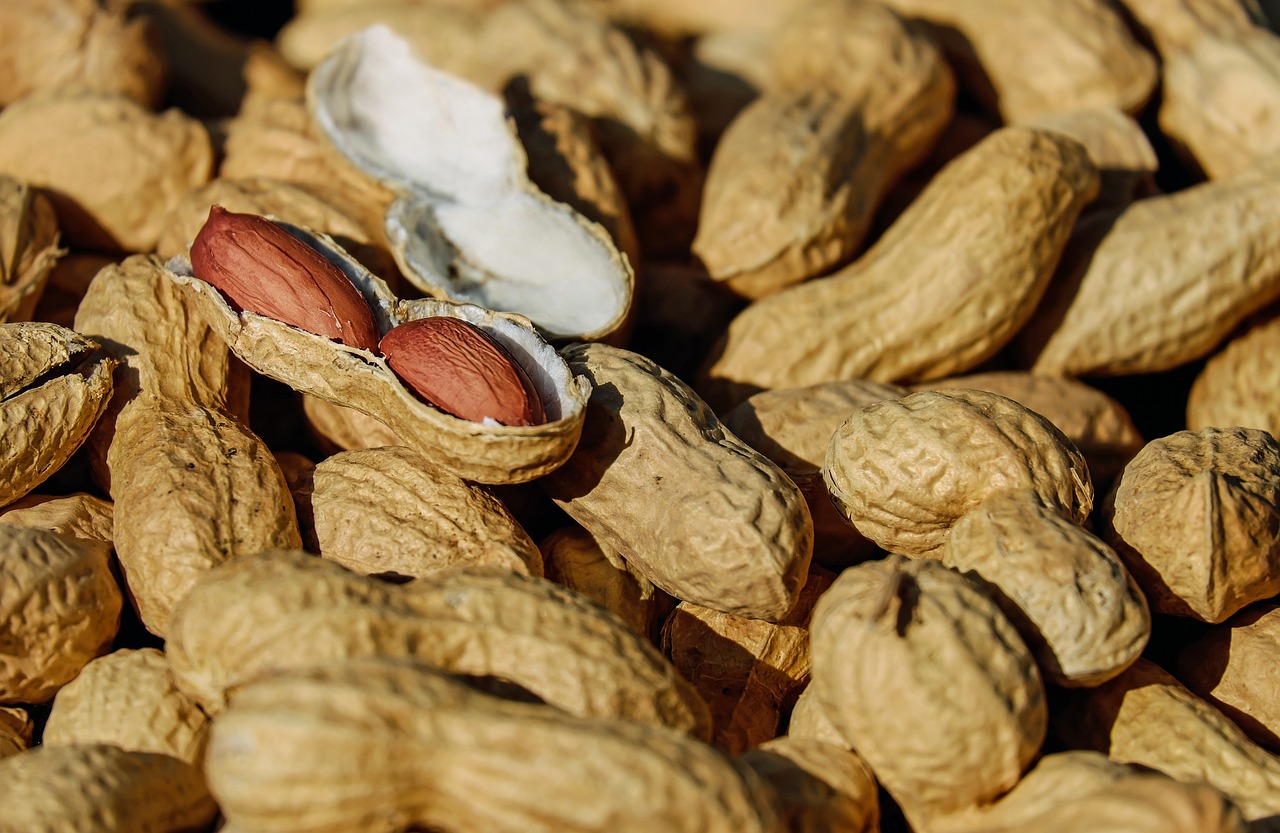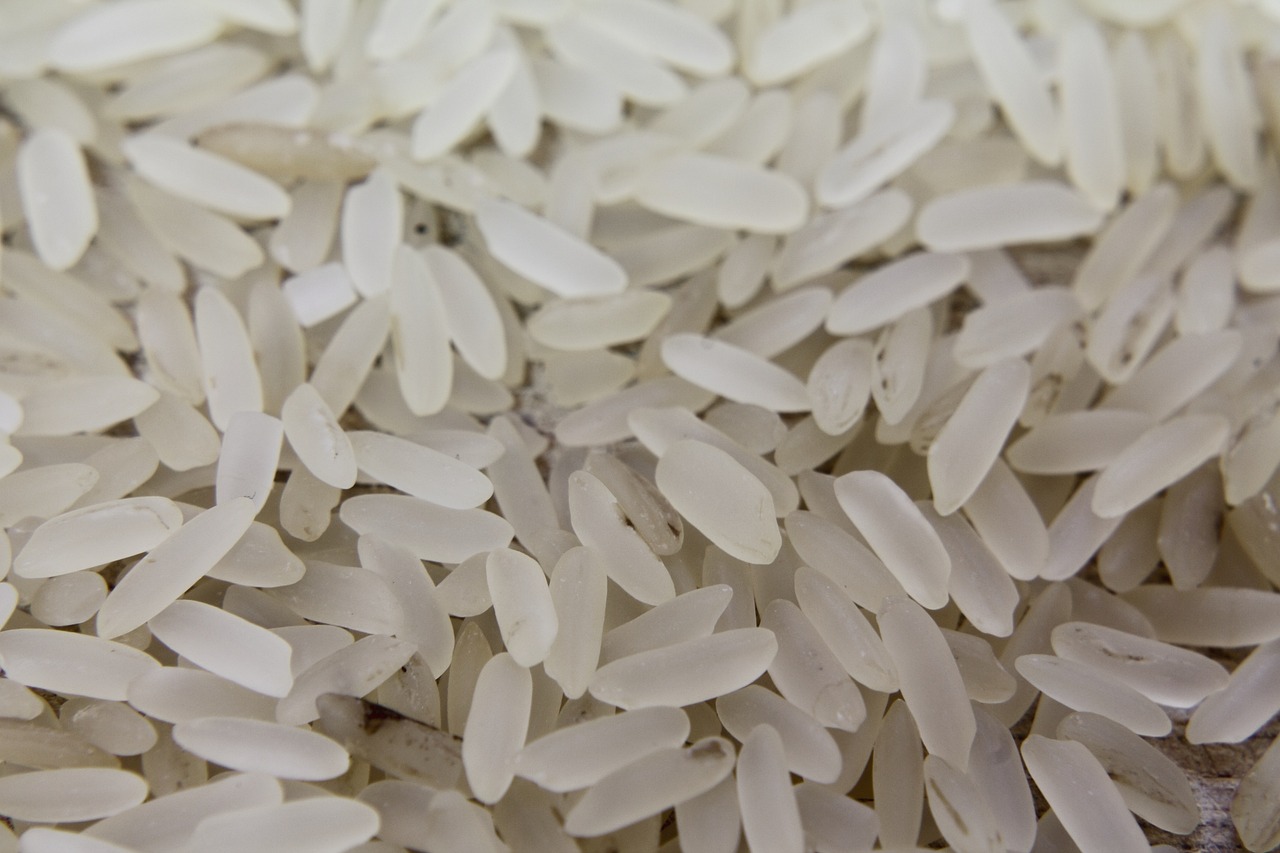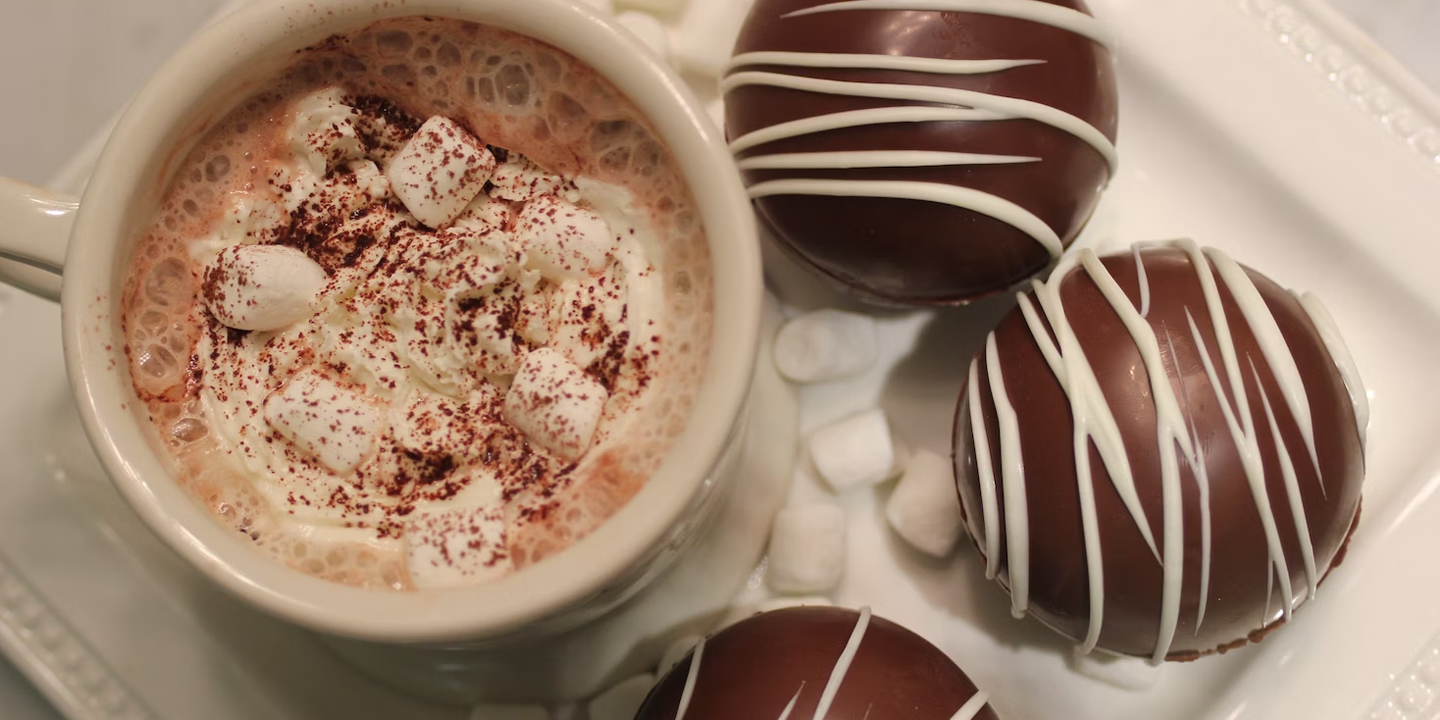Acne is often influenced by various factors, including genetics, hormonal changes, and stress. However, what many don't realize is that diet plays a significant role in skin health. Certain foods can trigger or worsen acne due to their effect on hormones, inflammation, and the gut microbiome. Everyone's skin is different and will react differently to certain things, but here are 25 of the most common culprits.
1. Dairy Products
Dairy products, especially skim milk, are notorious for exacerbating acne. They contain hormones and bioactive molecules that can affect human hormones, leading to increased sebum production and clogged pores. Moreover, dairy can trigger inflammation and alter the gut microbiome, both of which are linked to acne development.
2. Sugar
High sugar intake can lead to spikes in insulin levels, which can increase sebum production and promote inflammatory processes. Foods high in sugar, like candies and sodas, can exacerbate acne by stimulating androgen secretion, oil production, and inflammation.
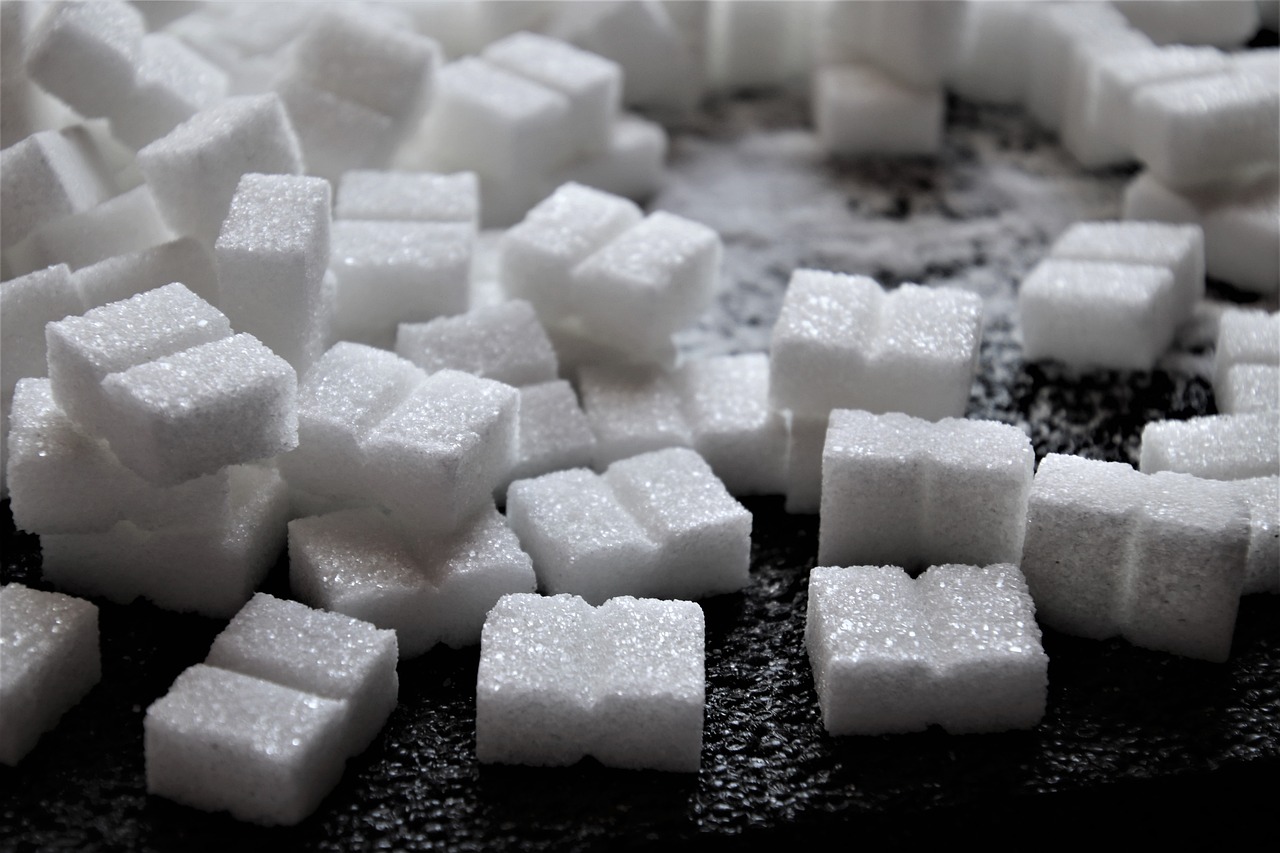 Image by 🌸♡💙♡🌸 Julita 🌸♡💙♡🌸 from Pixabay
Image by 🌸♡💙♡🌸 Julita 🌸♡💙♡🌸 from Pixabay
3. Refined Carbohydrates
Foods like white bread, pastries, and chips are high in refined carbohydrates and have a high glycemic index. They can trigger a rapid increase in blood sugar and insulin levels, which can lead to increased oil production and inflammation. Refined carbs also lack the fiber that helps maintain a healthy gut, potentially worsening acne.
4. Fast Food
Fast food items are typically high in saturated fats, trans fats, and refined carbohydrates. These components can increase inflammation in the body, contribute to insulin resistance, and worsen acne symptoms. Moreover, the high salt content in these foods can dehydrate the skin, making acne more prominent.
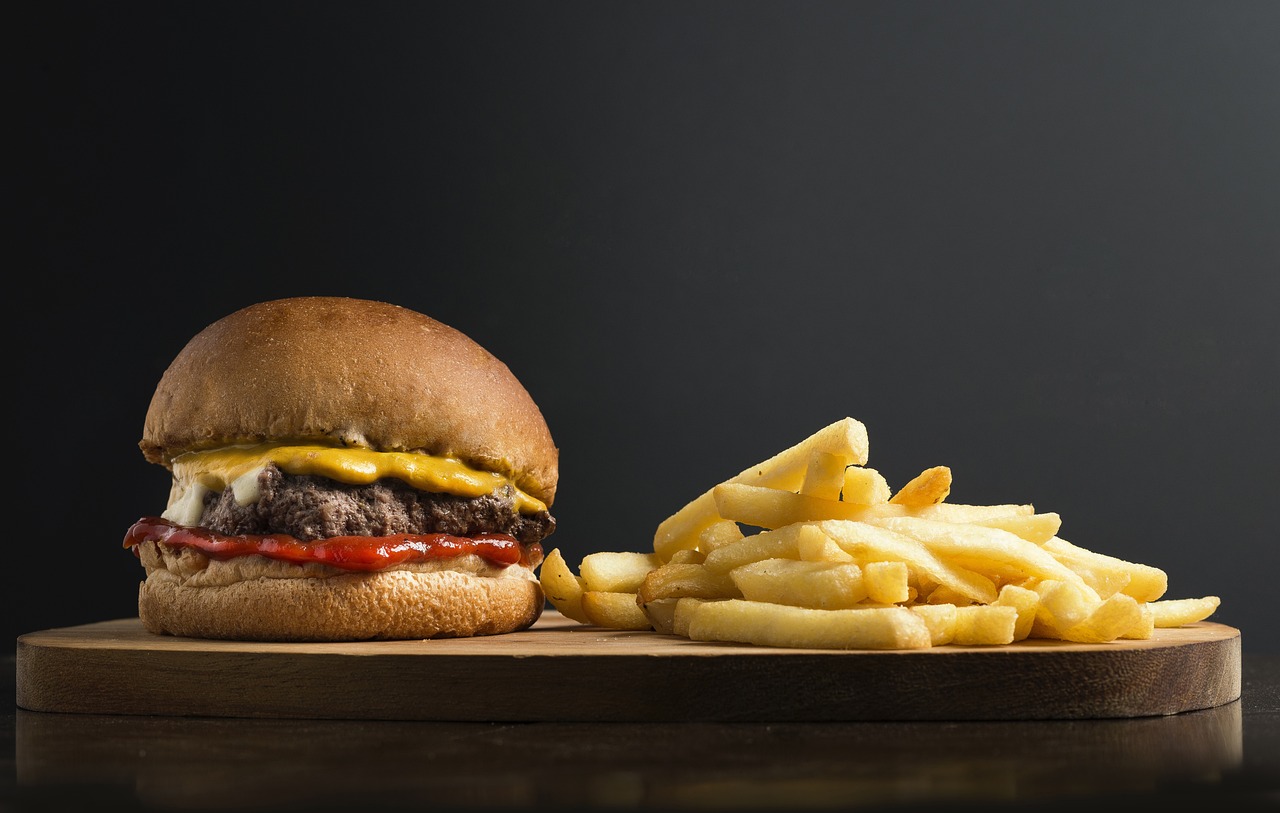 Image by Daniel Reche from Pixabay
Image by Daniel Reche from Pixabay
5. Chocolate
Chocolate, especially milk chocolate, can contribute to acne. It's not just the sugar content, but also the dairy and sometimes caffeine in chocolate that can trigger acne. Dark chocolate with high cocoa content might be a better option, but moderation is key.
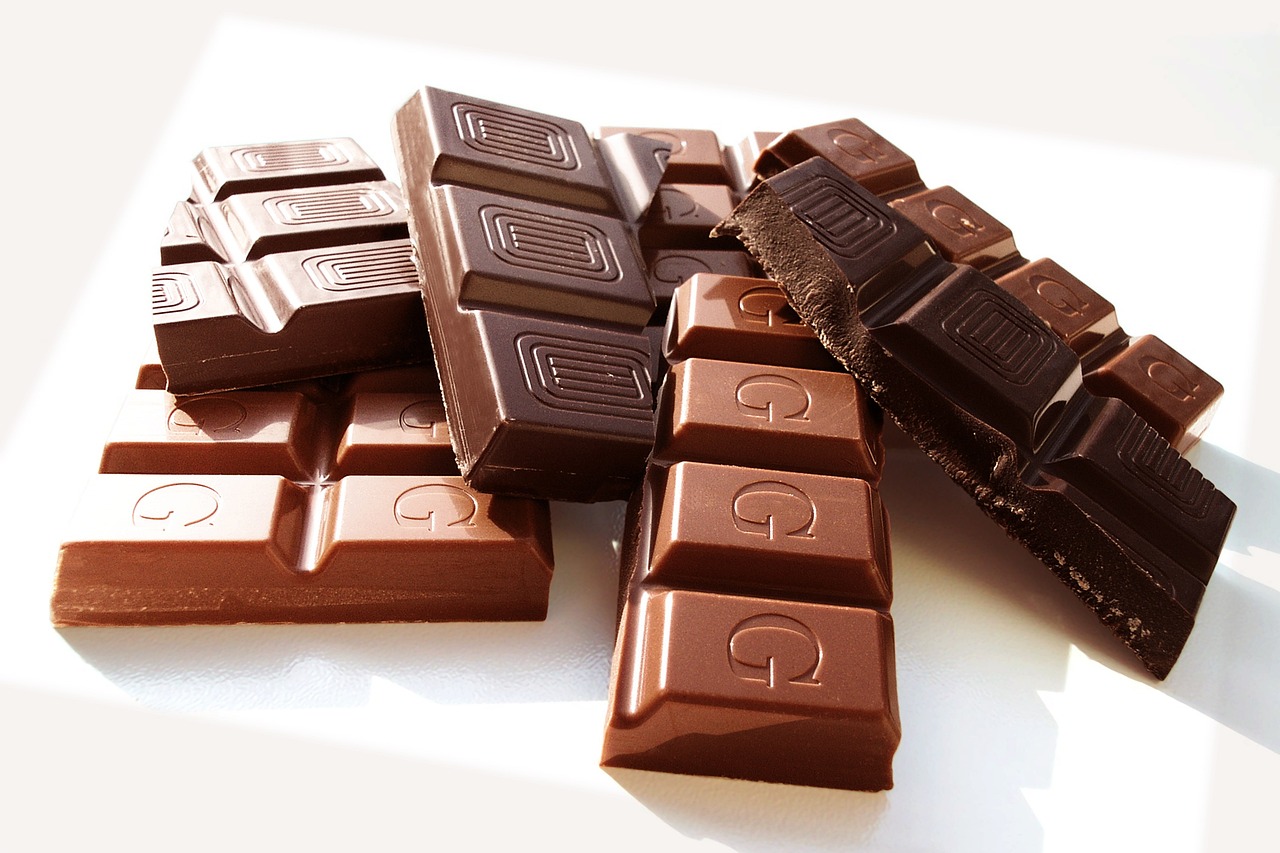 Image by Security from Pixabay
Image by Security from Pixabay
6. Whey Protein Powder
Whey protein, commonly found in protein supplements, can trigger hormonal changes that lead to acne. It stimulates the production of insulin-like growth factor 1 (IGF-1), which increases sebum production. Switching to a plant-based protein powder might help in reducing acne flare-ups.
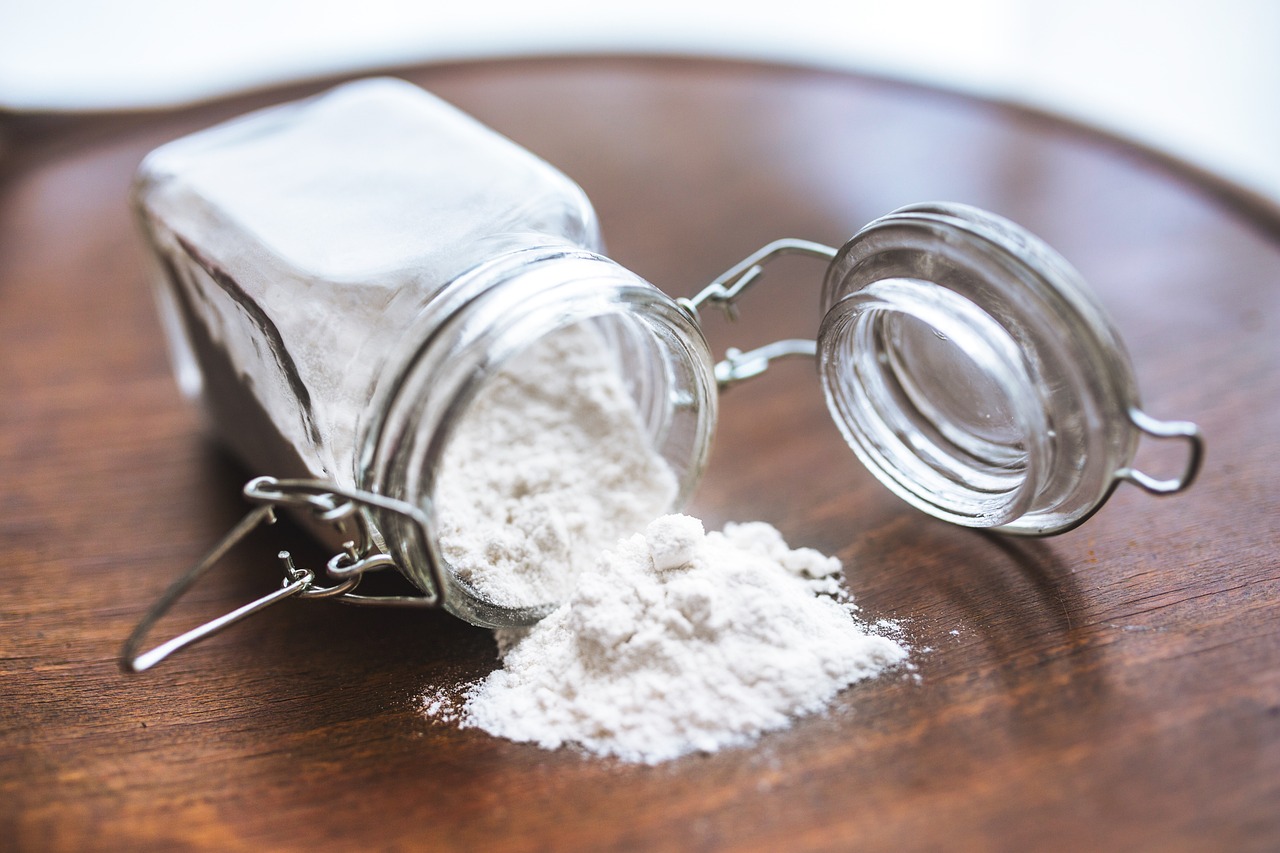 Image by Karolina Grabowska from Pixabay
Image by Karolina Grabowska from Pixabay
7. Soy Products
Soy contains phytoestrogens, which can mimic the body's natural hormones and potentially disrupt hormonal balance. This can lead to increased oil production and clogged pores. People sensitive to hormonal changes might notice an increase in acne with high soy intake.
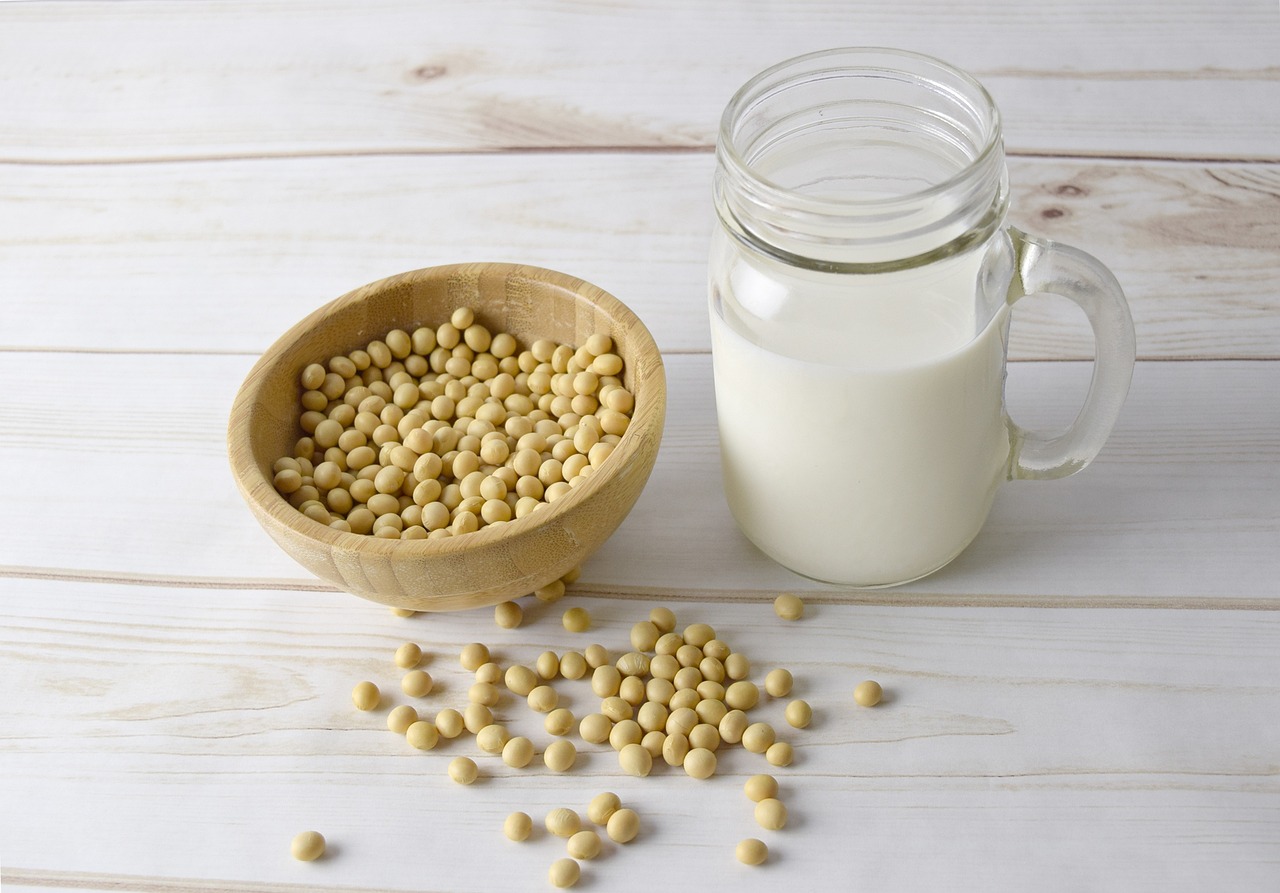 Image by bigfatcat from Pixabay
Image by bigfatcat from Pixabay
8. Peanuts
Peanuts contain androgen-like substances that can increase sebum production. They are also high in omega-6 fatty acids, which can promote inflammation in the body, potentially leading to acne. Opting for nuts with a better omega-3 to omega-6 ratio, like walnuts or almonds, might be beneficial.
9. Spicy Foods
Spicy foods can trigger inflammation and heat in the body, which can exacerbate acne symptoms. They often contain acidic lycopene and can disrupt the pH levels of your skin. While not a direct cause, they might worsen existing acne in some individuals.
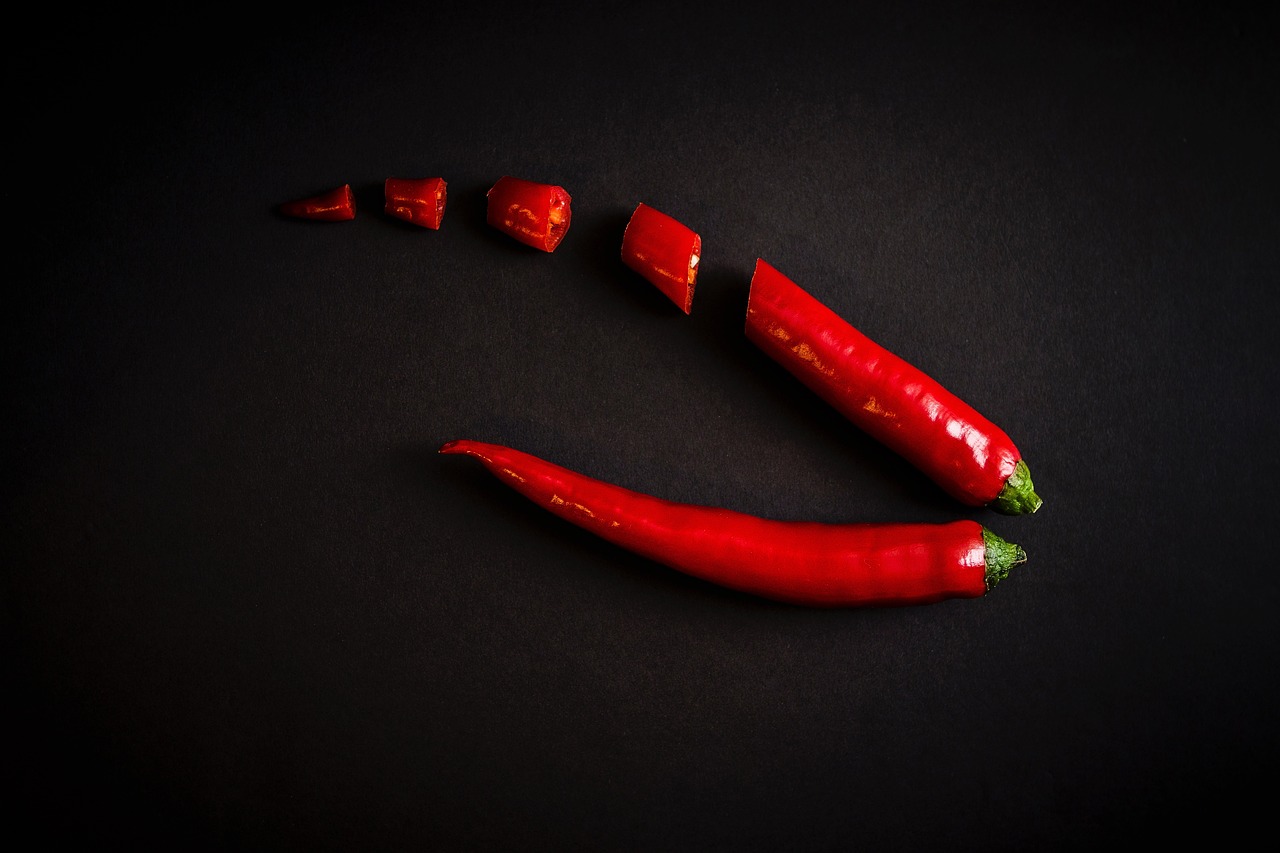 Image by StockSnap from Pixabay
Image by StockSnap from Pixabay
10. Shellfish
Shellfish, like shrimp and lobster, are high in iodine, which can aggravate acne in large quantities. Iodine can lead to clogged pores by increasing oil production. It's essential to consume shellfish in moderation, especially if you are prone to acne.
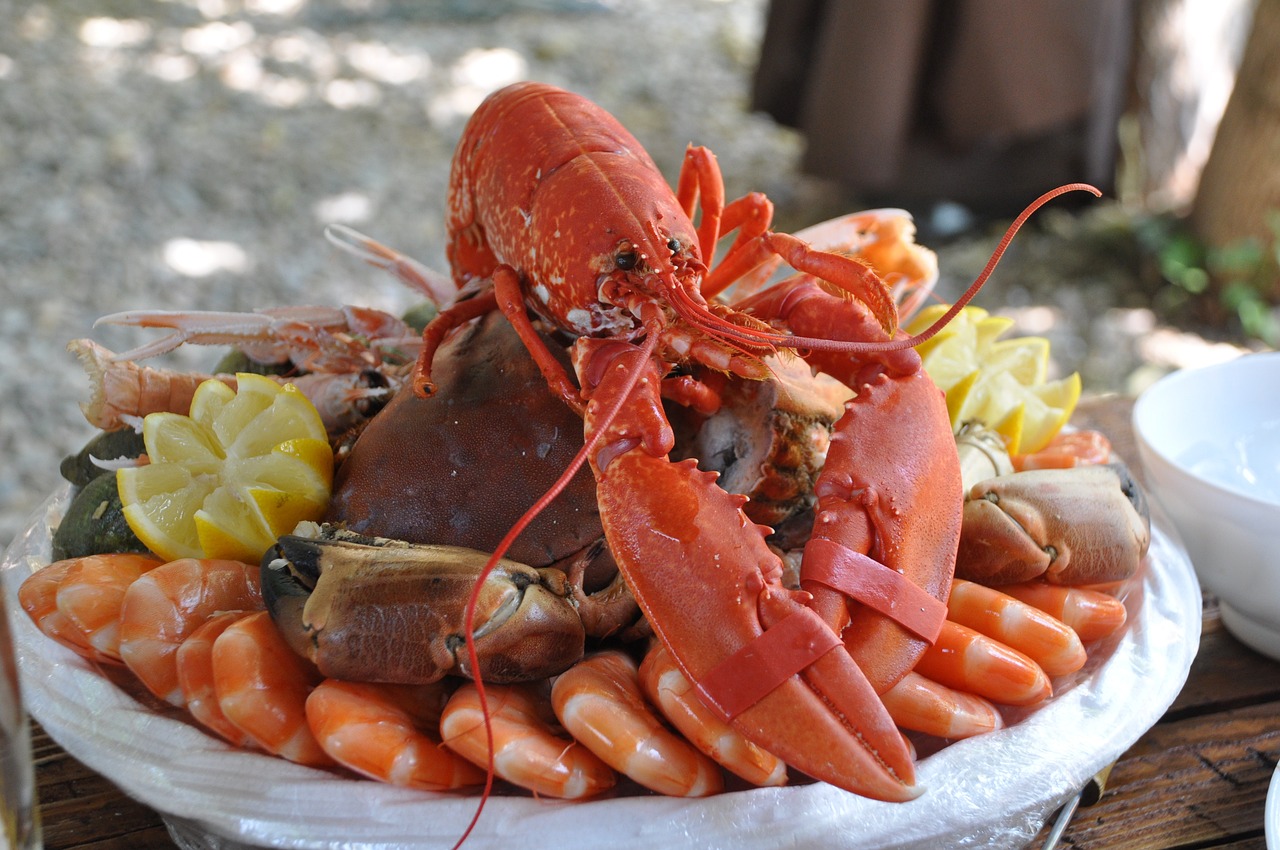 Image by Nadine Doerlé from Pixabay
Image by Nadine Doerlé from Pixabay
11. Fried Foods
Fried foods are high in unhealthy fats and oils, which can increase inflammation in the body. They can also alter the composition of sebum, making it more likely to clog pores. Opting for baked or grilled options can be a healthier choice for your skin.
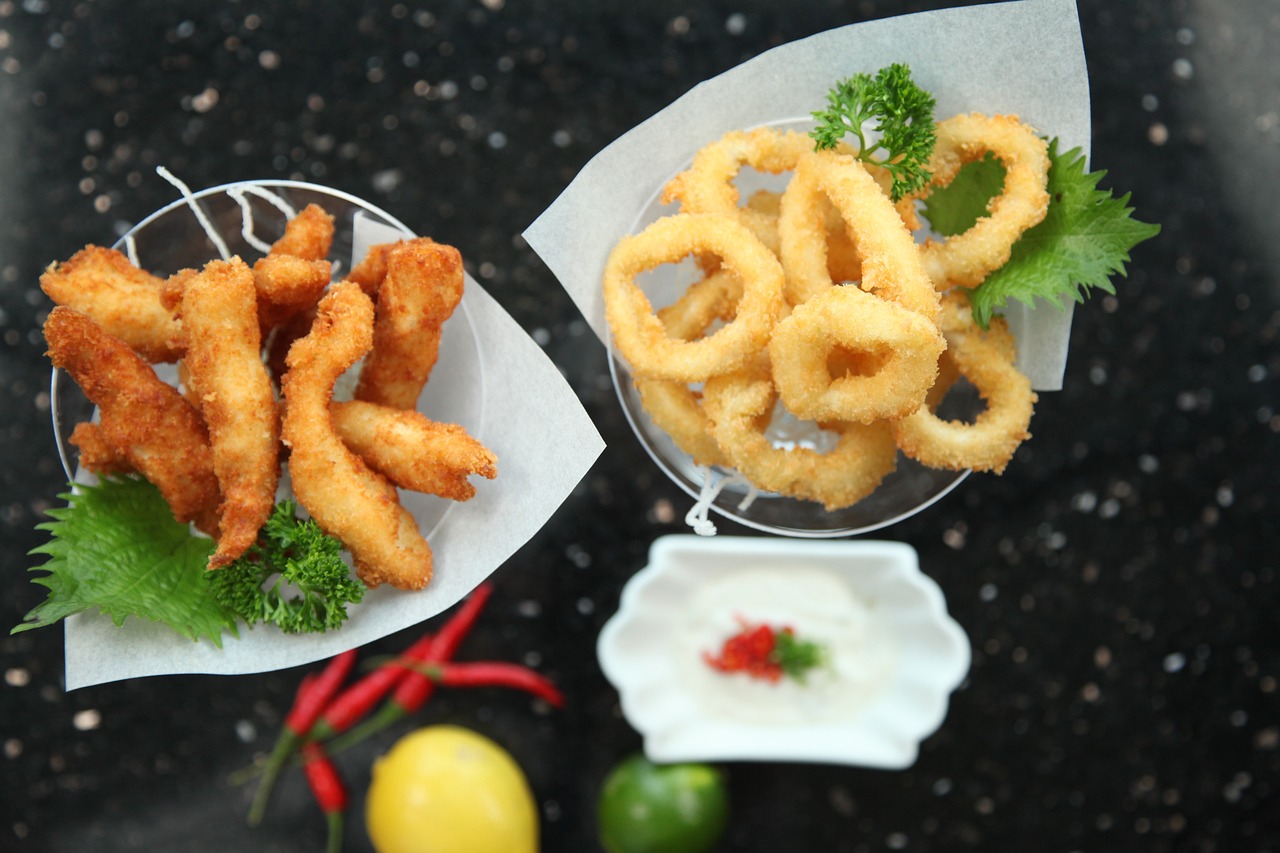 Image by Jonathan Valencia from Pixabay
Image by Jonathan Valencia from Pixabay
12. Alcohol
Alcohol can dehydrate the skin and disrupt its barrier, leading to more breakouts. It also increases inflammation in the body and can affect hormone levels. Reducing alcohol consumption can help improve skin health.
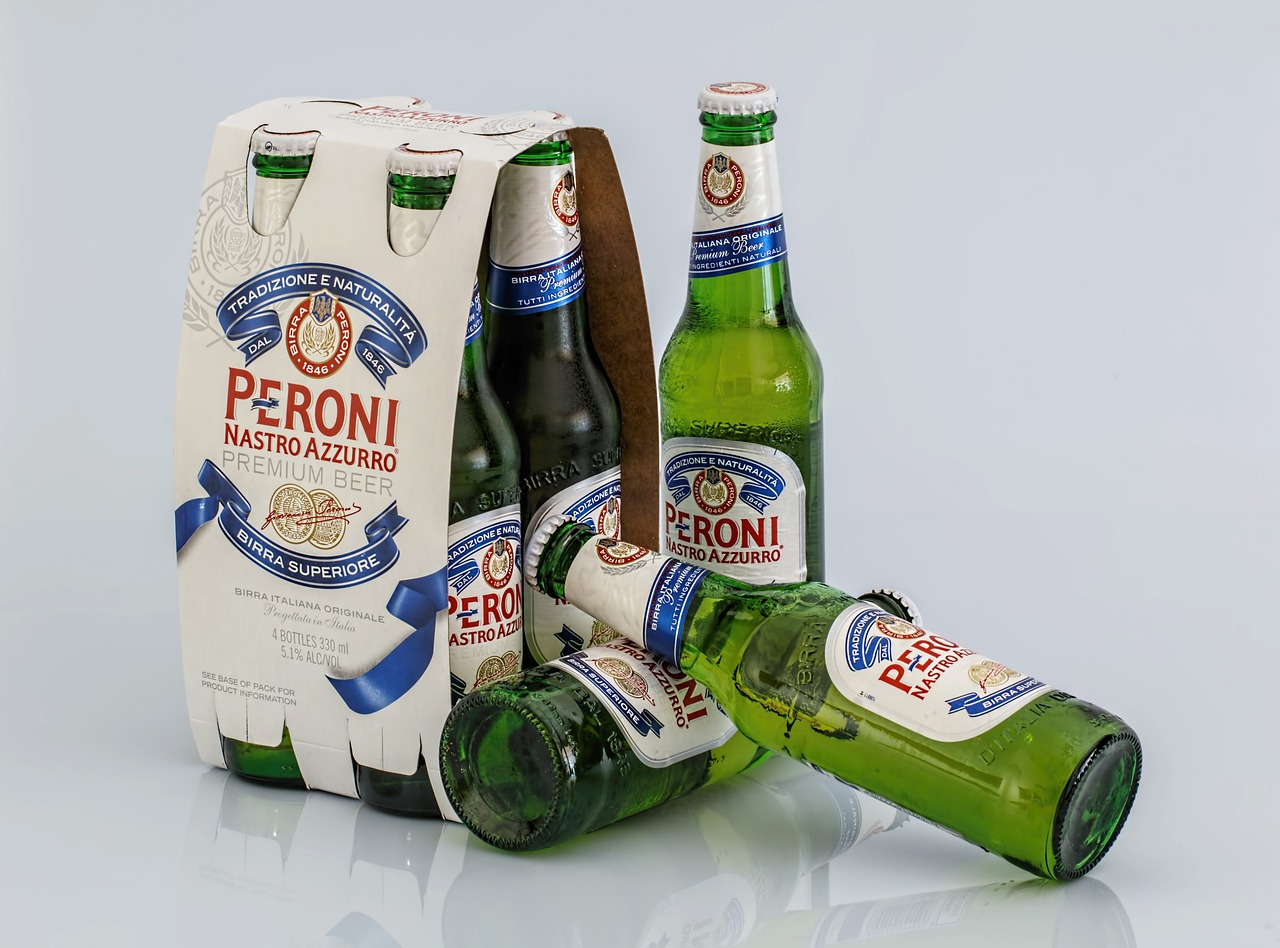 Image by Steve Buissinne from Pixabay
Image by Steve Buissinne from Pixabay
13. Caffeine
Caffeine, especially in high doses, can increase stress hormones like cortisol, which can exacerbate acne. It can also disrupt sleep patterns, another factor that might worsen acne. While a moderate amount of caffeine is generally fine, excessive consumption could be problematic for acne-prone skin.
 Image by TRANG NGUYEN from Pixabay
Image by TRANG NGUYEN from Pixabay
14. Soda and Carbonated Beverages
These drinks are often high in sugar and can cause spikes in insulin, leading to increased sebum production and inflammation. Additionally, the acidity of carbonated beverages can disrupt the pH balance of the skin. Opting for water or herbal teas can be a better choice for your skin.
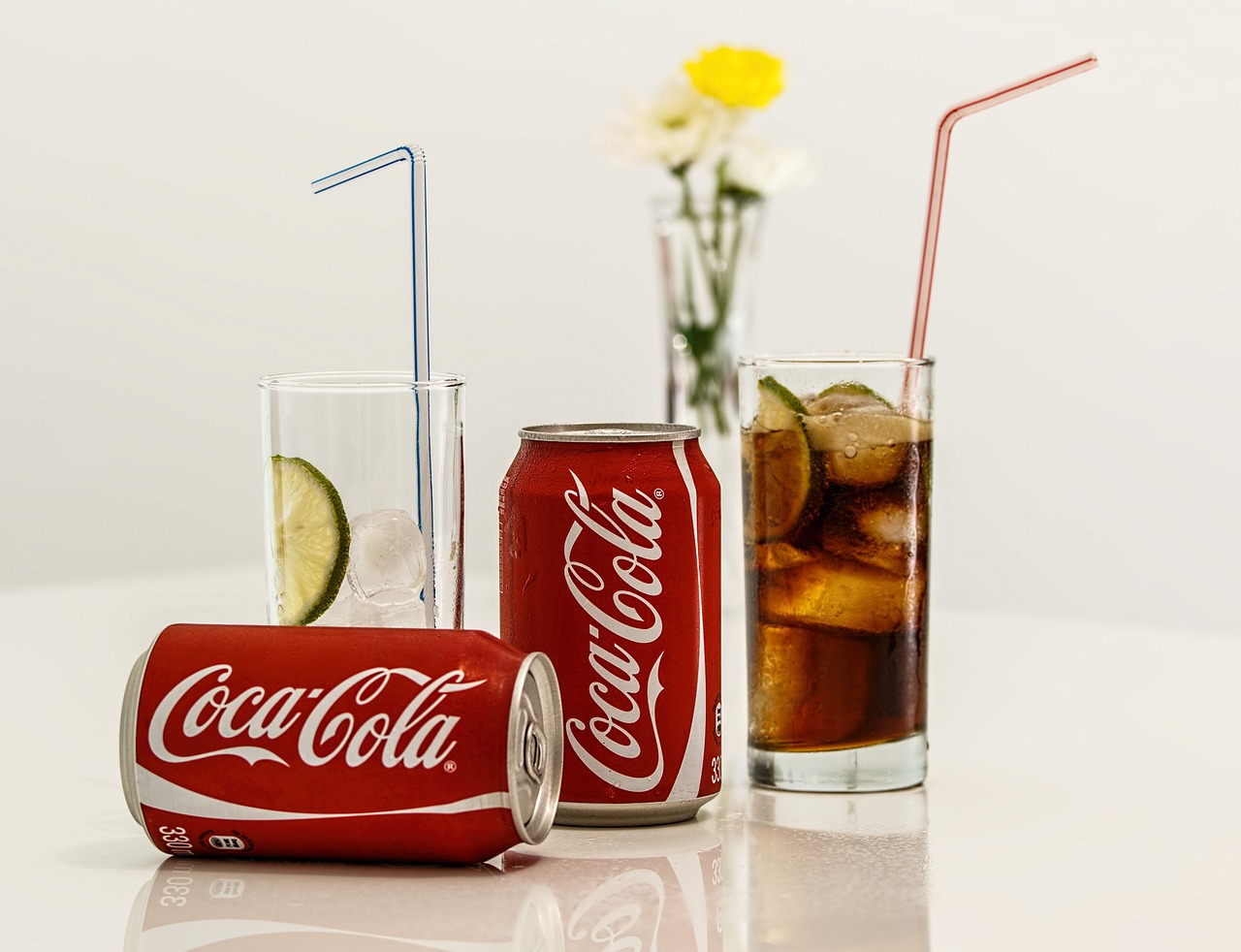 Image by Steve Buissinne from Pixabay
Image by Steve Buissinne from Pixabay
15. Processed Meats
Processed meats like sausages, bacon, and deli meats contain high levels of preservatives and saturated fats. These can increase inflammation in the body and exacerbate acne. Choosing leaner, unprocessed meats can be a healthier option for your skin.
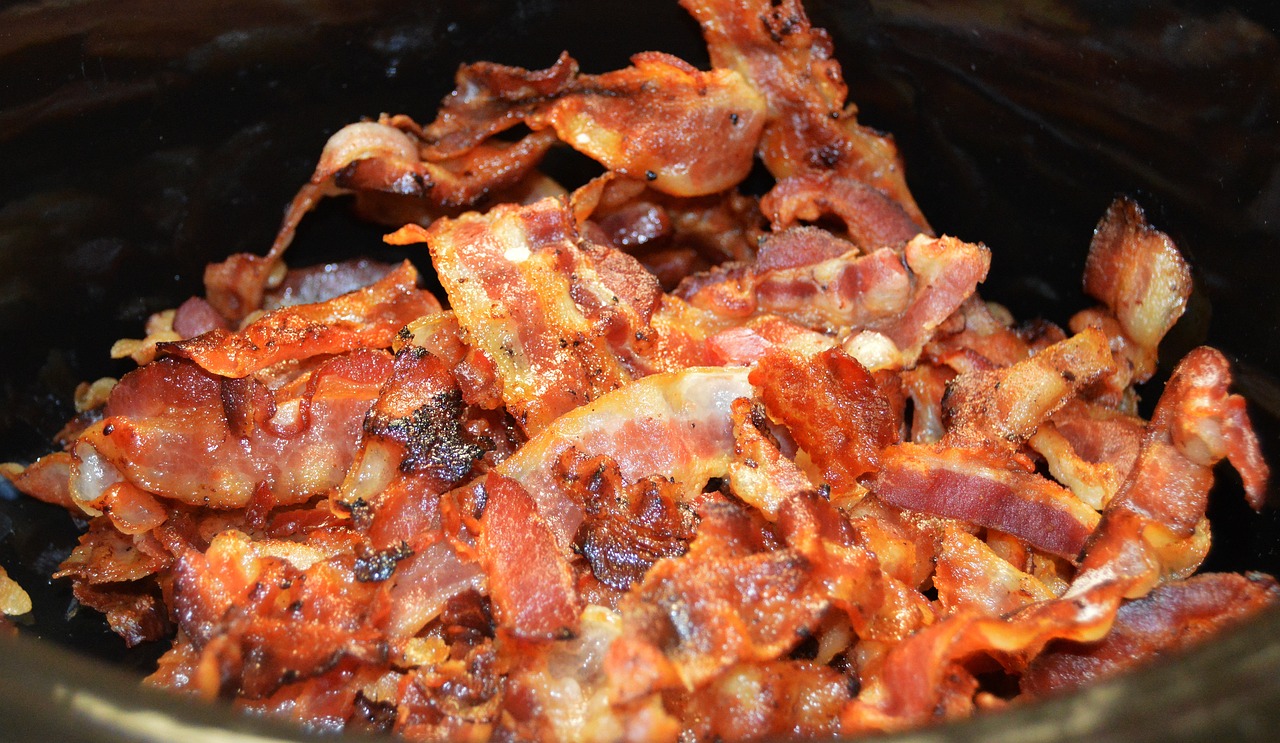 Image by Phoua Vang from Pixabay
Image by Phoua Vang from Pixabay
16. Margarine
Margarine is high in trans fats, which can promote inflammation and potentially worsen acne. It can also affect the moisture levels of the skin, making acne more noticeable. Opting for healthier fats like olive oil can be beneficial for your skin.
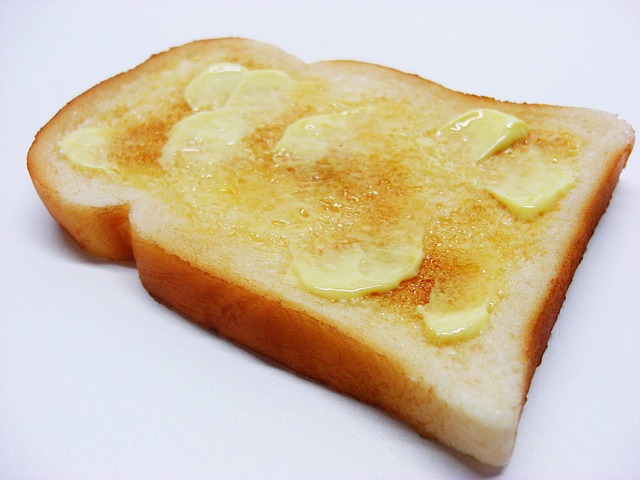 Image by PublicDomainPictures from Pixabay
Image by PublicDomainPictures from Pixabay
17. Artificial Sweeteners
Some artificial sweeteners can disrupt the gut microbiome and cause inflammation, which might contribute to acne. They can also trigger insulin resistance, which is linked to acne. It's best to limit the intake of foods and drinks with artificial sweeteners.
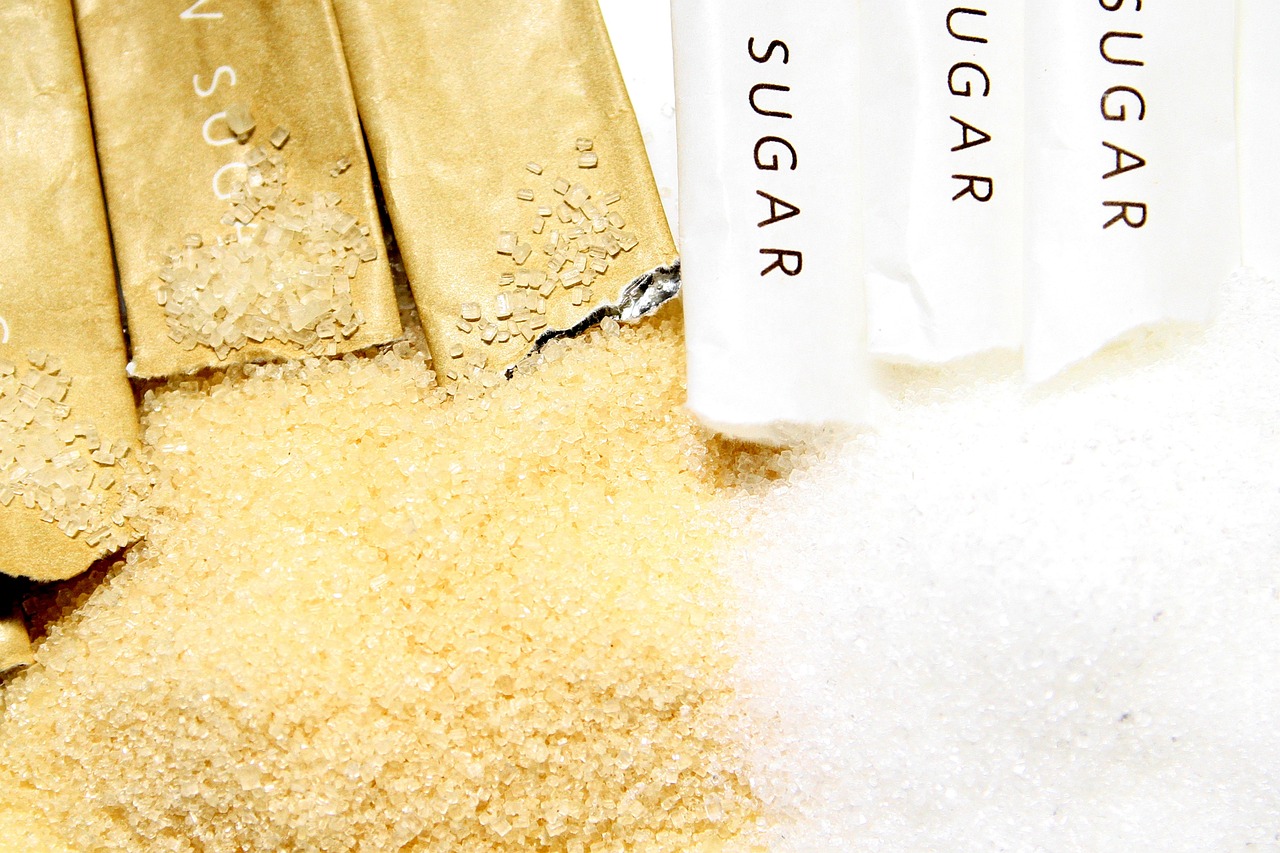 Image by Tafilah Yusof from Pixabay
Image by Tafilah Yusof from Pixabay
18. Energy Drinks
Energy drinks not only contain high levels of sugar but also caffeine and other stimulants that can increase stress hormones. This can lead to increased oil production and worsen acne. Staying hydrated with water is a better option for your skin.
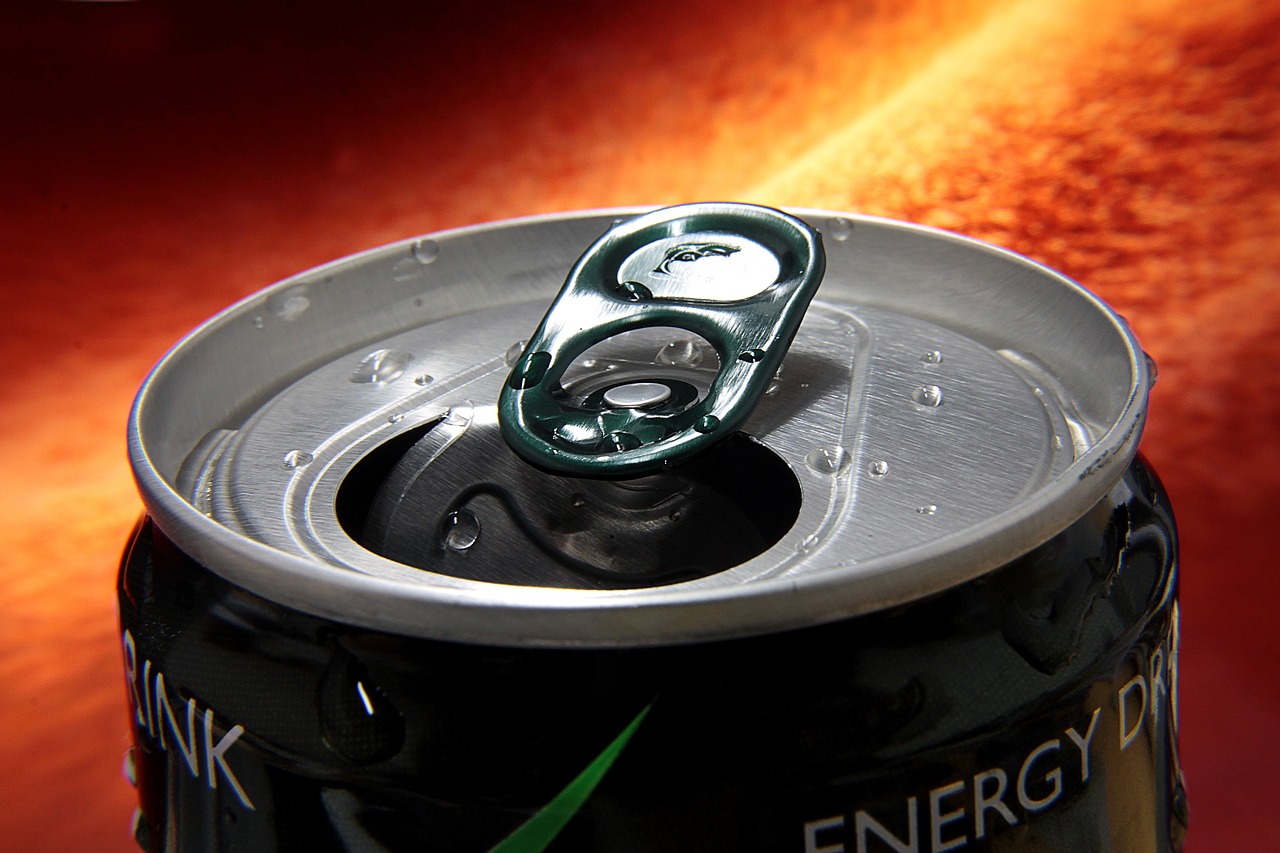 Image by Adriano Gadini from Pixabay
Image by Adriano Gadini from Pixabay
19. Pasta
Pasta, especially white pasta, is high in refined carbohydrates. It can cause rapid spikes in blood sugar and insulin levels, leading to increased sebum production and inflammation. Opting for whole-grain or legume-based pastas can be a healthier choice.
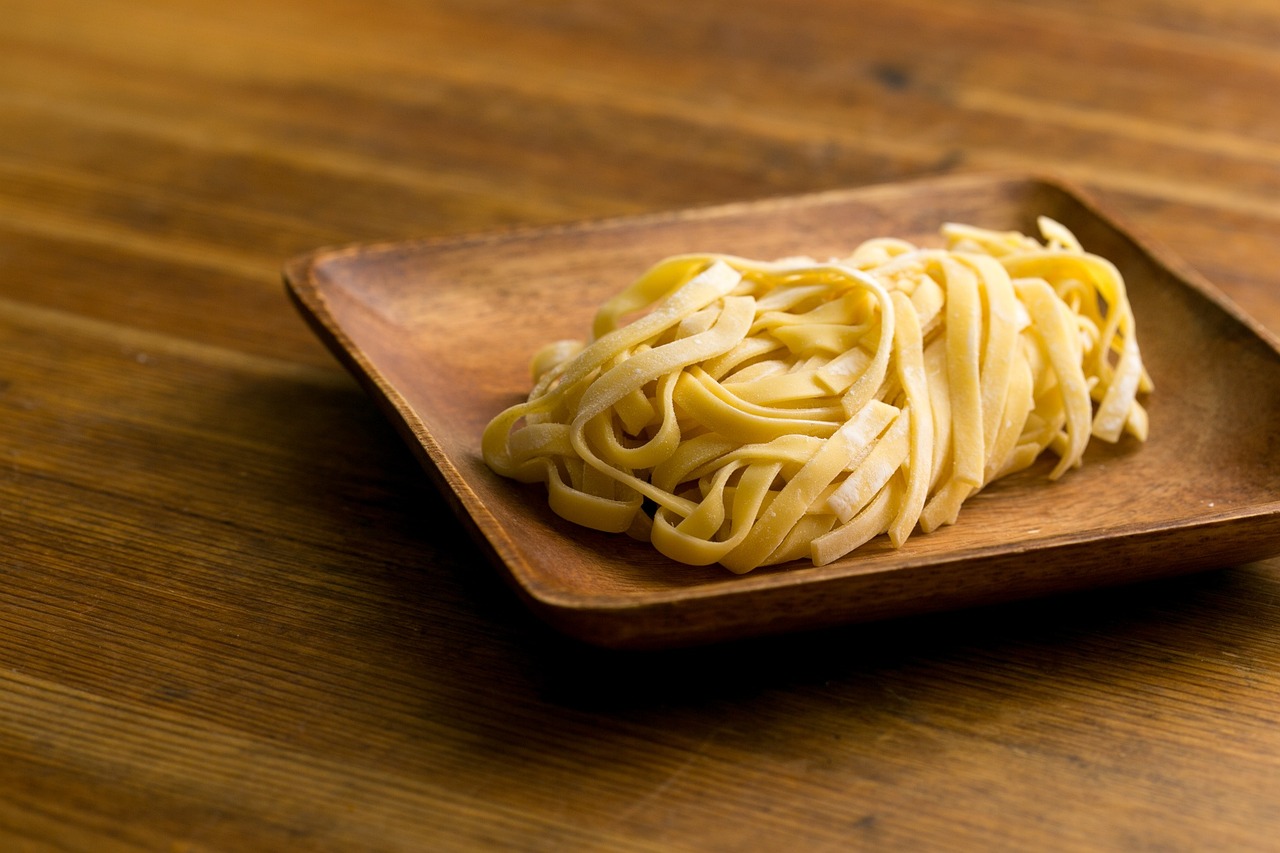 Image by neciodesalida from Pixabay
Image by neciodesalida from Pixabay
20. Cheese
Like other dairy products, cheese contains hormones that can disrupt your own hormonal balance, leading to increased oil production and acne. It can also be high in saturated fat, which might contribute to inflammation. Moderation is key when consuming cheese.
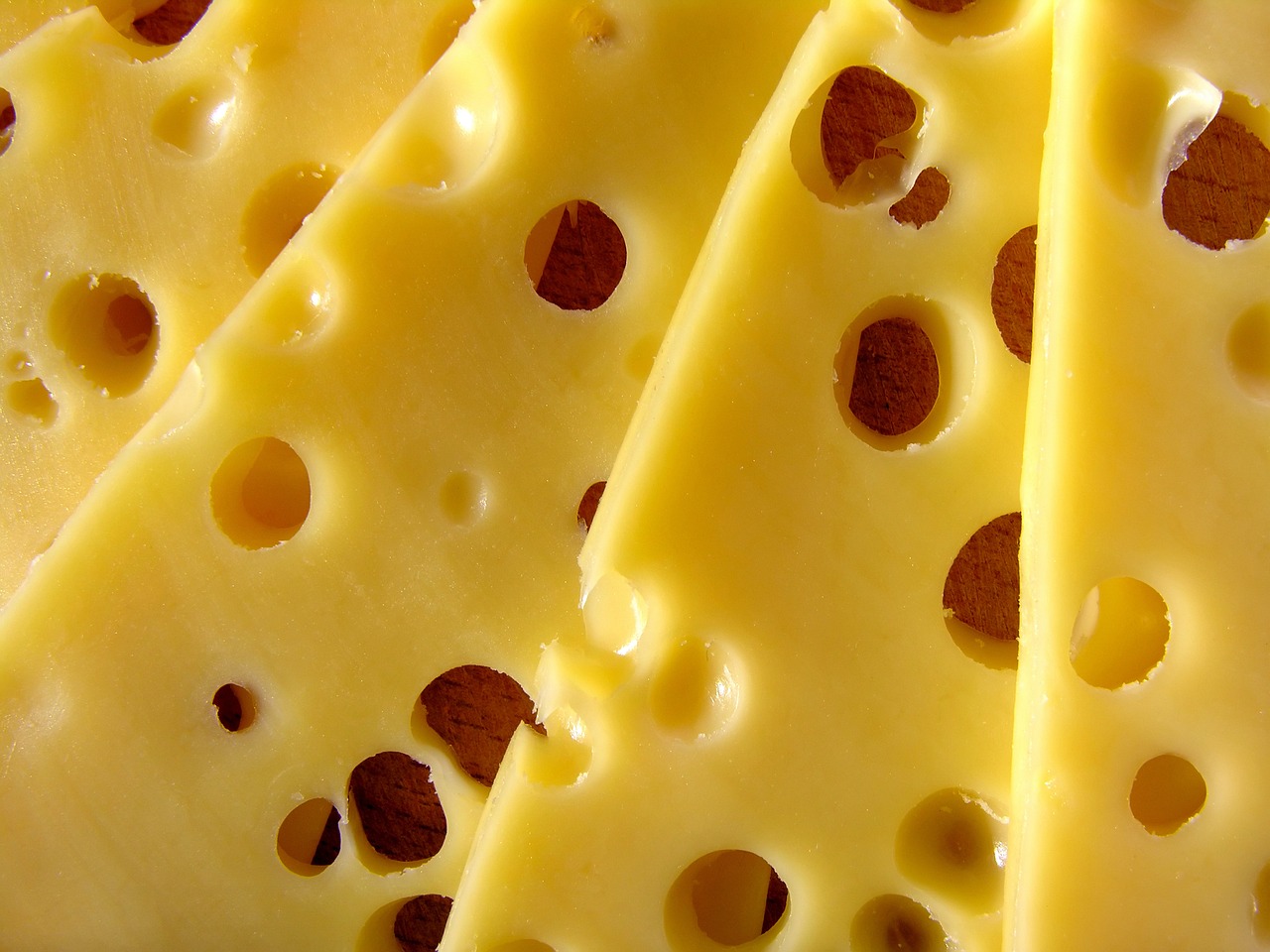 Image by lipefontes0 from Pixabay
Image by lipefontes0 from Pixabay
21. Soy Sauce
Soy sauce is high in sodium, which can dehydrate the skin and make acne more prominent. It also contains glutamates that can trigger inflammation in some individuals. Using it sparingly or opting for low-sodium alternatives might help.
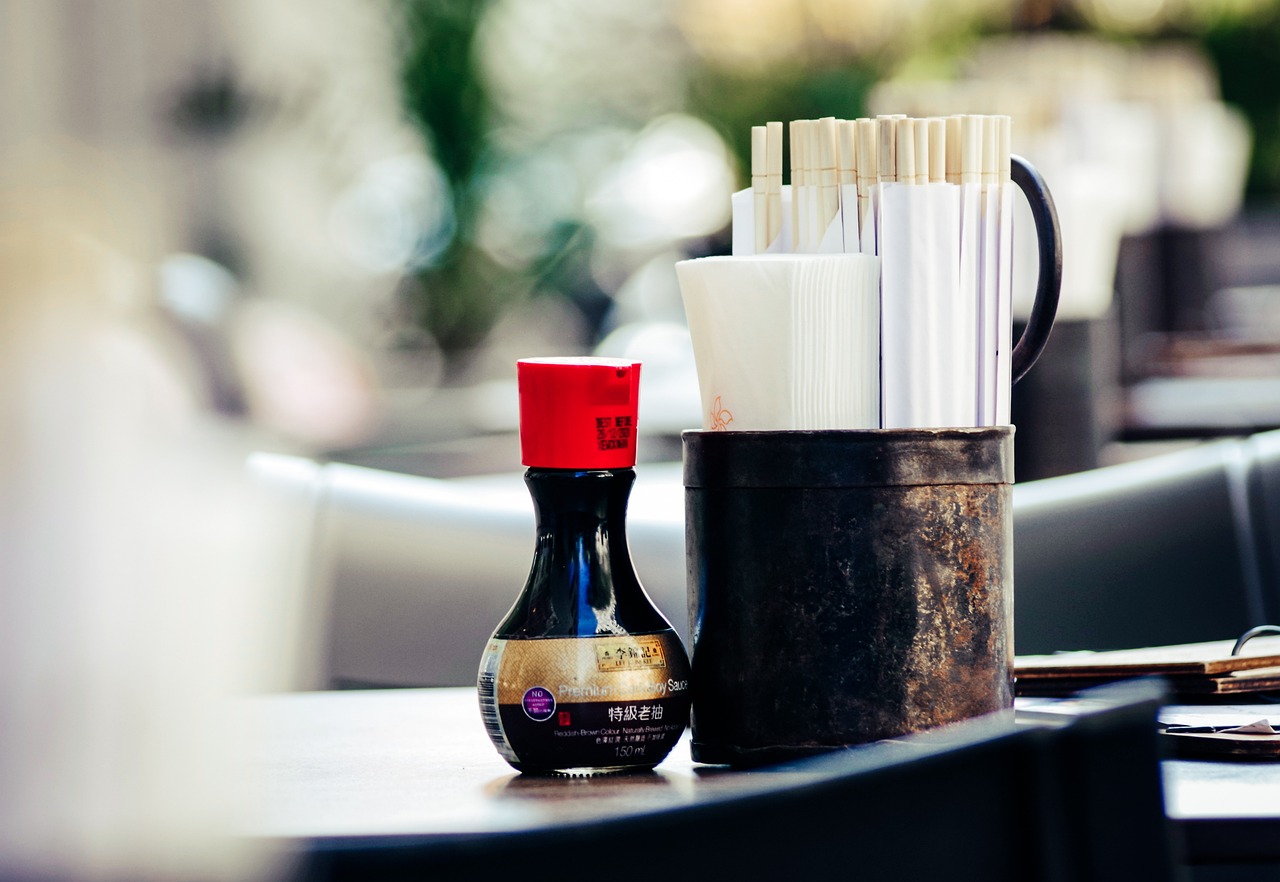 Image by 12138562O from Pixabay
Image by 12138562O from Pixabay
22. White Rice
White rice has a high glycemic index, which can lead to insulin spikes and increased sebum production. Switching to brown rice or other whole grains can help maintain stable blood sugar levels and potentially reduce acne.
23. Peanut Butter
Peanut butter, especially the kind with added sugars and oils, can contribute to acne. It's high in omega-6 fatty acids, which can promote inflammation. Choosing natural, unsweetened peanut butter with a higher omega-3 content can be a better option.
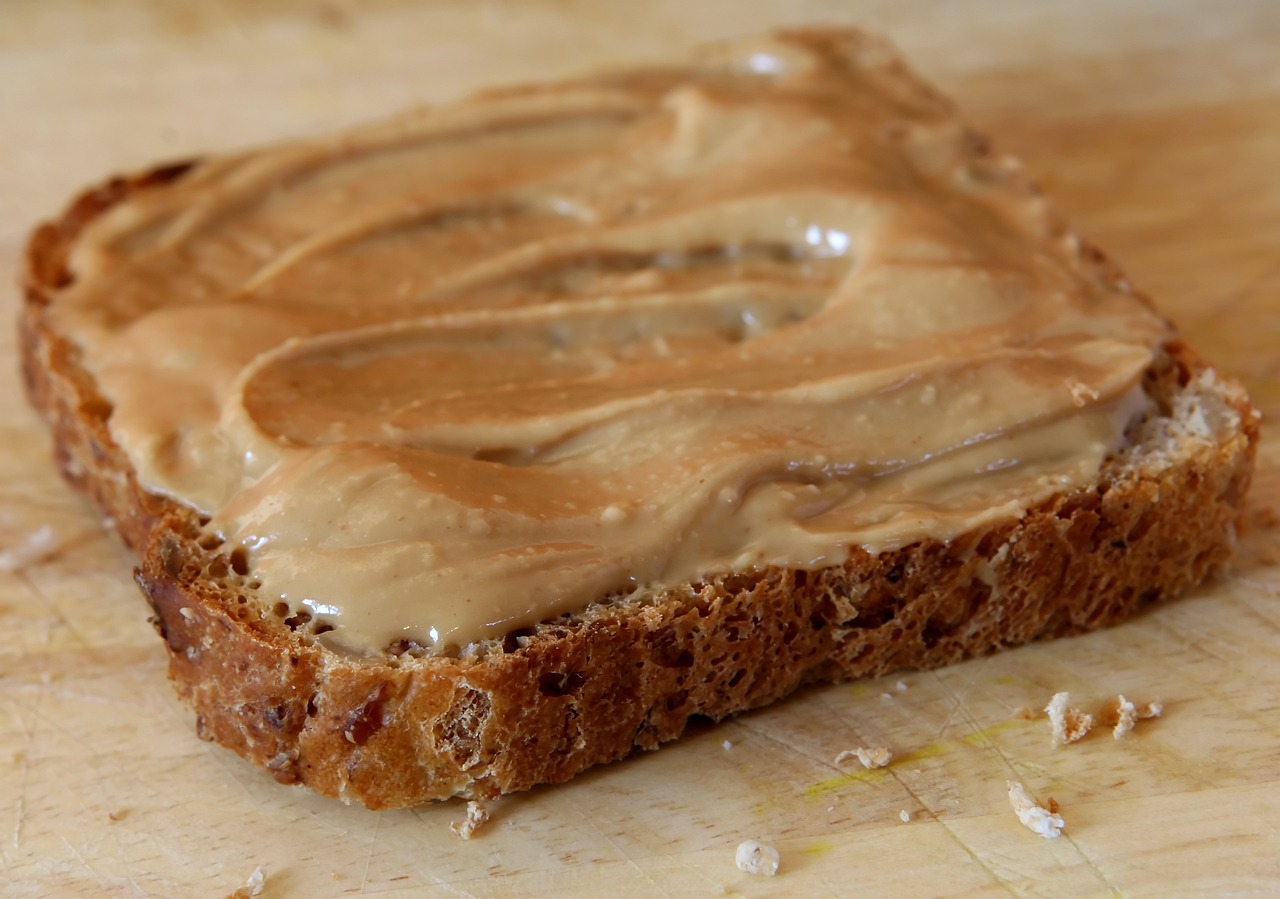 Image by Robert Owen-Wahl from Pixabay
Image by Robert Owen-Wahl from Pixabay
24. Corn
Corn, particularly high-fructose corn syrup found in many processed foods, can increase insulin levels and promote inflammation. This can lead to increased sebum production and acne. It's best to consume corn in moderation and avoid high-fructose corn syrup.
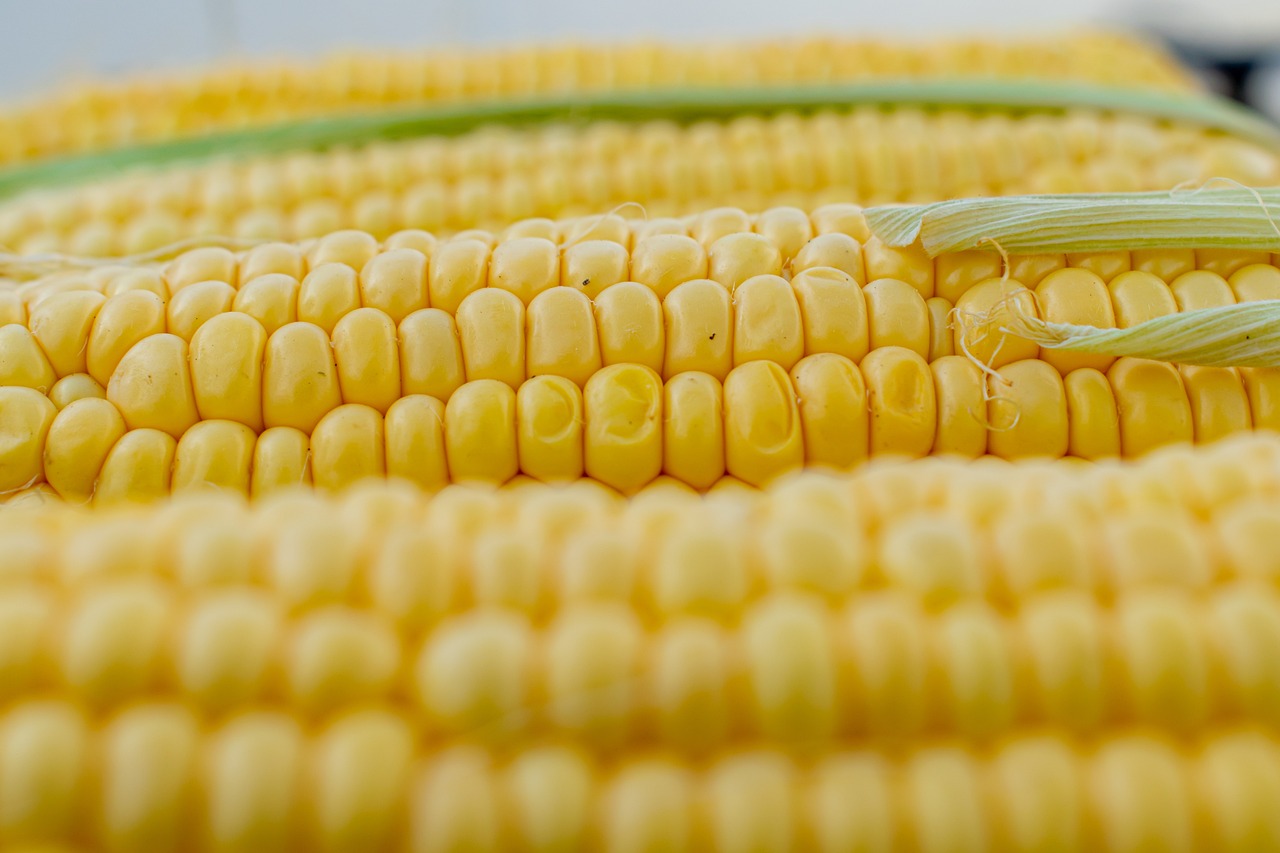 Image by Cornell Frühauf from Pixabay
Image by Cornell Frühauf from Pixabay
25. Condiments and Sauces
Many condiments and sauces are high in sugar, unhealthy fats, and preservatives, which can exacerbate acne. They can also disrupt the gut microbiome and cause inflammation. Opting for homemade or natural versions with fewer additives can be healthier for your skin.
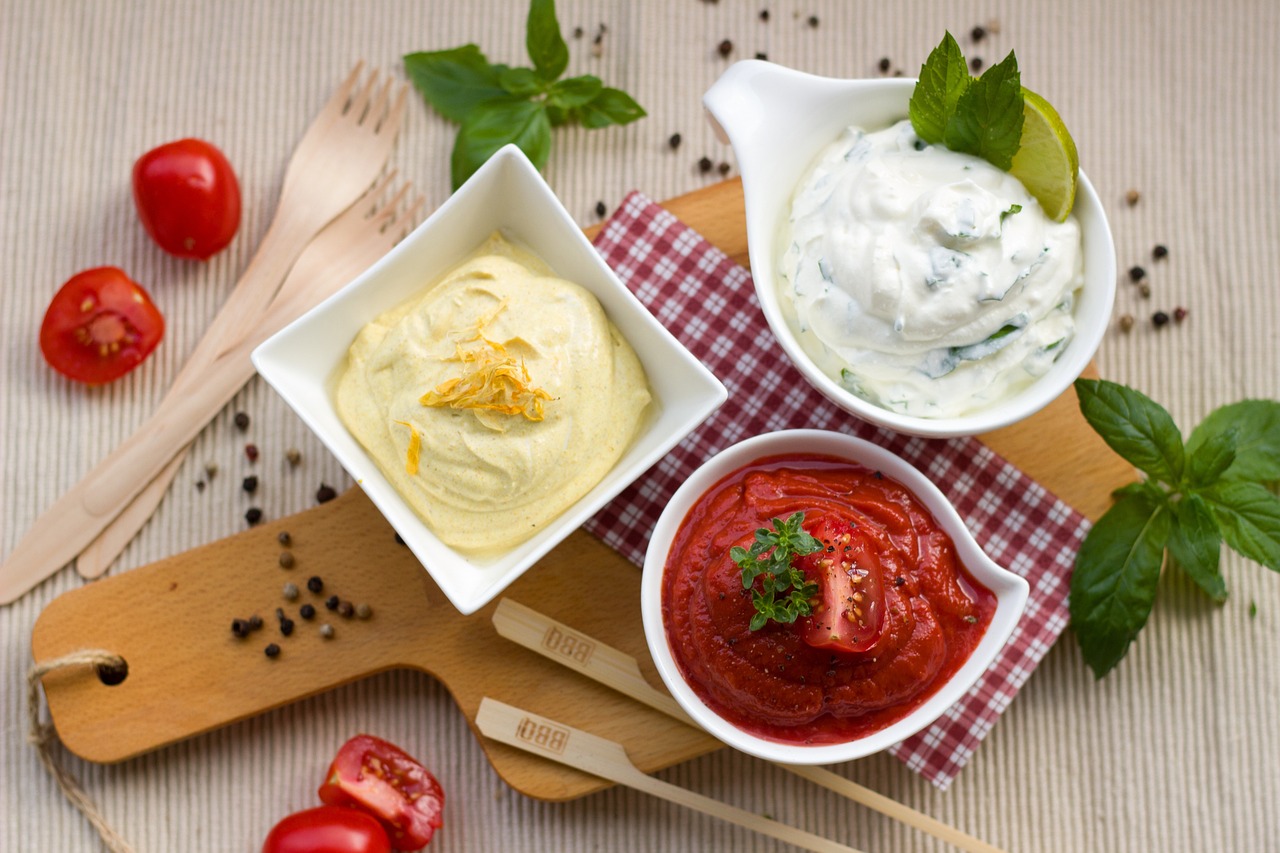 Image by Bernadette Wurzinger from Pixabay
Image by Bernadette Wurzinger from Pixabay
KEEP ON READING



